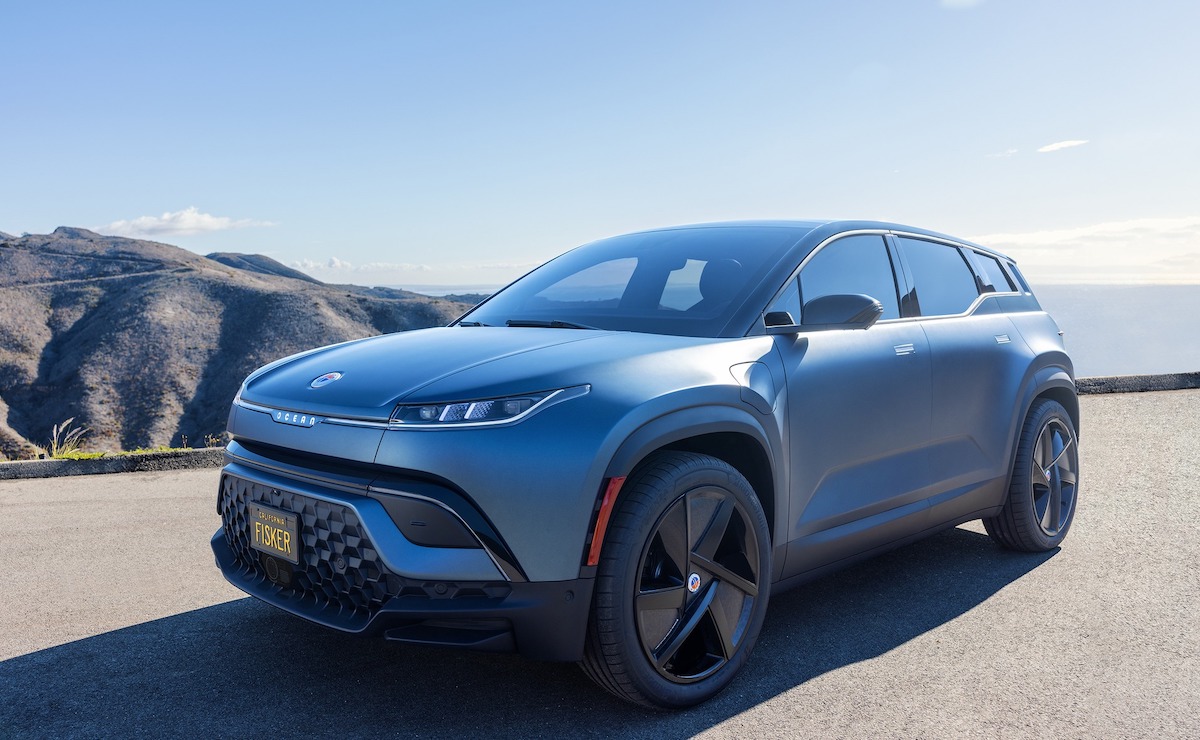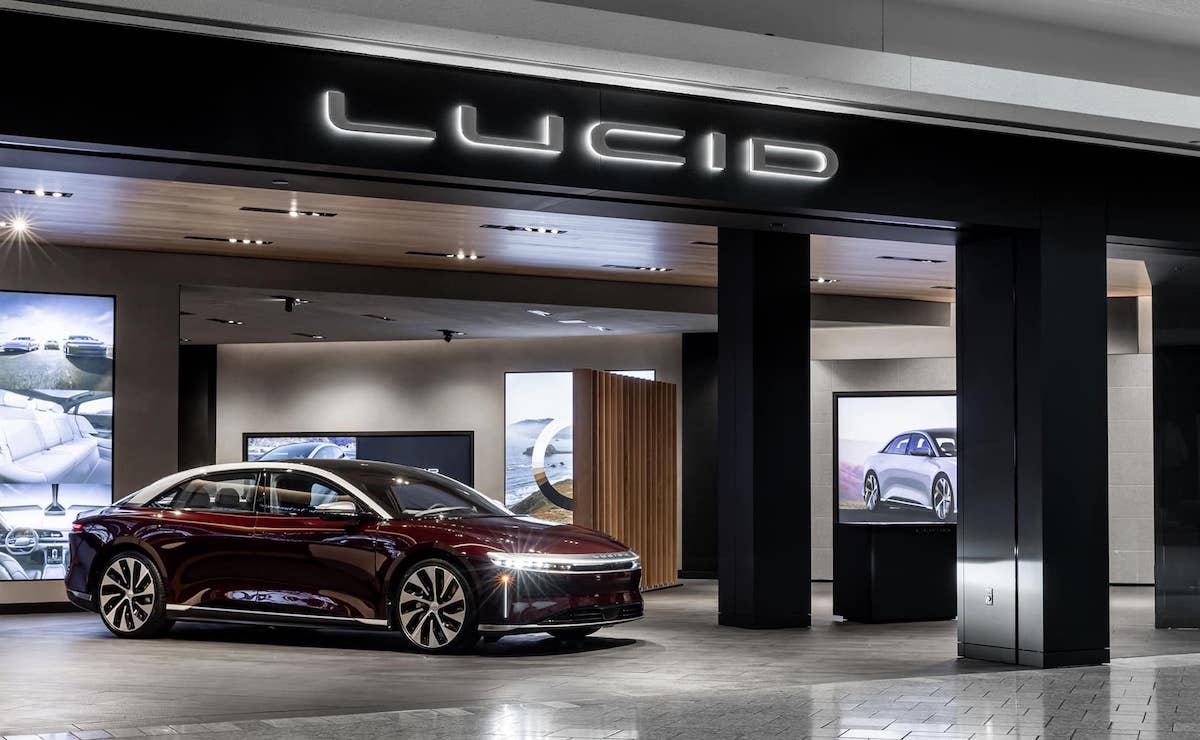All-new BEVs developed by traditional carmakers will be introduced in the coming 3 years successively, and the competition of the era of BEVs will officially start off. Before this, all the startup brands that established in recent years tried hard to begin mass production ASAP to get footholds in the market, and startup companies from USA and China are the most aggressive ones among them.
In fact, USA and China are the giants of economy and military power of west and east respectively, and also they have confrontation in many aspects; but when speaking of automotive industry, they have many similarities… the domestic market is huge, stand at the global leading positions in new technologies including AI, IoT, etc., domestic traditional carmakers have difficulties to fight against German and Japanese brands in the markets overseas, the governments promote the development and purchase of new energy vehicles, and own richer mineral wealth (raw materials required in the production of BEVs) in their homeland than developed countries including Europe and Japan, etc.,.
These conditions that brings the favorableness of timing, geographic setting, and manpower altogether, make it the most appropriate environment for BEV startup companies to establish and develop. Famous startup companies that have high market cap in USA nowadays are Lucid, Rivian, Faraday Future, Canoo, Mullen, Lordstown, etc., and in China, there are Big Three - Nio, XPeng, Li Auto (Tesla and BYD are the first two giants of new energy vehicles, but they are not classified as startups anymore).

These brands that have some reputations and keep moving for stabilizing business models have some similarities… Capitals spending run fast (only the Big Three in China are supposed to deliver about 100,000 units respectively this year, and the profit losses are decreasing), no self-operated manufacturing plants (except Lucid, Rivian, XPeng), the level of technologies of BEVs doesn’t take the lead out of traditional carmakers, the control of key components supply is incapable, the quality of car assembly and driving dynamics are unknown or not so qualified. From these unfavorable points of view, are startup brands definitely in danger?

Furthermore, the problems that they need to face are not only just limited to these, because the electric intelligent vehicle companies established by tech giants via sole proprietorship or joint-venture are the direct competitors that are highly possible to seize the brand positioning of those startup companies. So how could these startup companies to stop bleeding and stand up to continue fighting in the coming 3 years? I have a few suggestions here…
- The product positioning must be very unique. The product strategy that tries to cover several segments is definitely not the thing for startup companies to do; and in the era that is unable to develop exclusive technology, cooperation or alliance with other startups or IT companies are somehow to ensure the key features and performances of their products are not falling behind others’. After this, there should be one or two surprisingly unique selling points (it might be the stylish appearance or features with ingenuity) to conduct comprehensive marketing combined with the brand image.
- The quality of assembly and driving dynamics is the fundamental requirements of the reasons for buying a car. No matter how appealing these new technologies are, they still can’t offset the negative appraisals due to poor quality of assembly and driving dynamics. In the situation that startup teams commonly have insufficient financing, then seeking for OEM is the last resort, which is understandable; but pure OEM works is absolutely not the best way to ensure the quality of assembly and to solve problems from the market feedback. The only way to adjust the work cycle of design, procurement, manufacturing, and the improvement of market feedbacks to the best condition that efficiency, cost and quality are well-balanced is to cooperate with each other in more details.
- Not only the products from startup brands must be innovative, but also the sales process, the products experience, the car delivery process, the aftersales services, the customers relationships, the convenience of charging, and the extensibility of features after car delivery need to be more innovative and futuristic, otherwise how can they fight against BEVs from traditional carmakers 3 years later ?! It’s will be definitely much easier and time-saving for new brands to establish these systems and procedures than traditional carmakers.
- The stable supply chain will also be the key index of whether the operation will continue to grow. The "Just In Time" carmakers-centric production model has been outdated, and the procurement of key components and the inventory management will be a major cashflow issue for small scale startup companies in the future. The maintenance of the cooperation with Tier One or even "Tier 0.5" supplier partners will be the essential for startup companies to stand out in the market (this core business work must not be conducted solely by OEM).